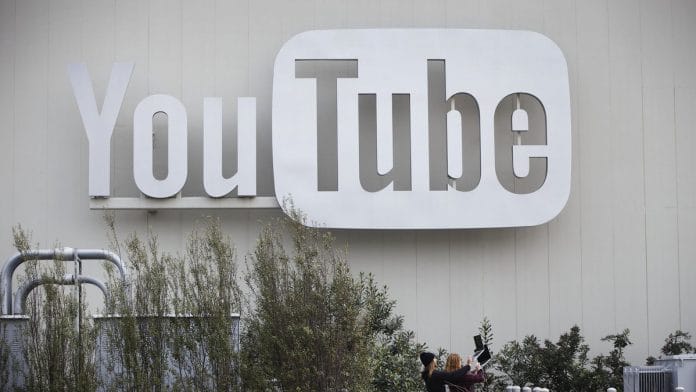New York: Watching the string of high-profile advertisers pull their spending from YouTube this week, you’d be forgiven for thinking you were experiencing a case of déjà vu.
Walt Disney Co., Nestle SA, AT&T Inc. and a slew of others paused their ads on Google’s video-sharing site after a blogger showed how YouTube can be used to forge networks of people engaged in child exploitation. The brands released strongly worded statements, and YouTube scrambled to assure its clients it was fixing the problem.
It’s exactly what happened last time the layer of muck buried in YouTube’s billions of hours of videos came into contact with big-name advertisers, and the time before that. Walmart Inc., PepsiCo Inc. and others pulled spending in March 2017 after users found ads playing next to anti-Semitic videos. In November 2017 there was another round of outcry and boycotts because creepy and violent cartoons had been allowed onto the supposedly-safe YouTube Kids app.
Each time advertisers have eventually returned. Even when brands have kept off YouTube for a significant amount of time, they haven’t stopped paying Google to spread their message on search results and through display ads across the web.
That’s because the Alphabet Inc. search giant is just so vital to advertising that no company that wants to reach consumers can survive without them, said one ad agency executive who asked not to be identified because the agency often works closely with Google. Brands that say they’re cutting YouTube ads often find work-arounds to stay on the platform, such as striking deals directly with influential YouTube creators to include endorsements inside videos themselves, the executive said.
The rolling boycotts haven’t stopped YouTube from bringing in billions in revenue for Google. Though the company won’t break out specific numbers for the video site, analysts from Baird & Co. estimate it netted about $20 billion for Google in 2018 alone.
The crisis this time started when a video blogger showed how predators were finding otherwise innocuous videos of young girls and using comments to flag parts of the videos showing activities that could be twisted to be construed as sexual. The blogger, Matt Watson, demonstrated how if users clicked on one of the clips, YouTube’s algorithms recommended similar ones. His video has been watched more than 2.5 million times.
YouTube responded quickly, disabling comments on tens of millions of videos featuring children and reporting accounts that made predatory comments to police. Google executives held a call with ad agencies and major advertisers to explain how they were tackling the problem, according to people familiar with the situation who asked not to be identified because the call was private.
Google has made major changes to YouTube in the past in response to advertiser concerns. Most notably, they raised the bar for what kinds of videos are allowed to take a share of ad revenue. Since the beginning of 2018, only channels with more than 1,000 subscribed fans and 4,000 hours of viewing over a year have been eligible for ads.
But the platform has resisted calls to take more drastic action, such as banning fringe political opinions, or blocking comments on any video featuring a child. Despite the criticism, the free-speech, open-platform approach championed by the company’s founders still holds sway.
The latest situation is still playing out, but if history is any guide, YouTube will keep growing and raking in cash for Google.
“Advertisers count on Google to monitor offensive material on YouTube,” said Michael Pachter, an analyst at Wedbush Securities. If the company can show major advertisers they’re tackling the problem, advertising revenues won’t be hurt at all, he said.- Bloomberg
Also read: Google is reorganising to tackle changing global policies on security, privacy






